2025
Comparably’s Best Company Outlook
* Providing engineering services in these locations through SWCA Environmental Consulting & Engineering, Inc., an affiliate of SWCA.

From the experts we hire, to the clients we partner with, our greatest opportunity for success lies in our ability to bring the best team together for every project.
That’s why:
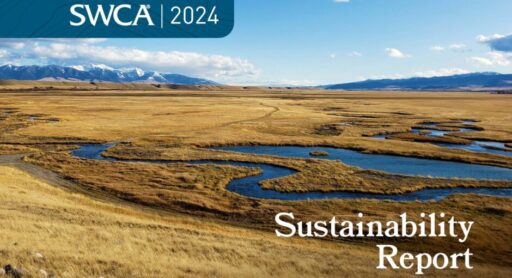
At SWCA, sustainability means balancing humanity’s social, economic, and environmental needs to provide a healthy planet for future generations.
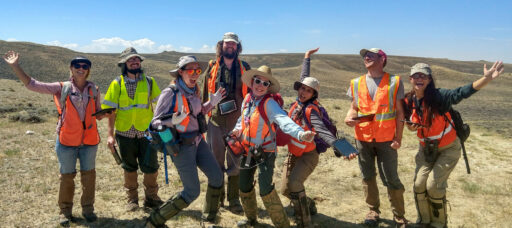
SWCA employs smart, talented, problem-solvers dedicated to our purpose of preserving natural and cultural resources for tomorrow while enabling projects that benefit people today.
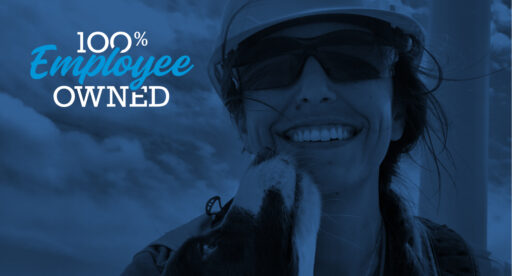
At SWCA, you’re not just an employee. You’re an owner. Everyone you work with has a stake in your success, so your hard work pays off – for the clients, for the company, and for your retirement goals.
Biological and Ecological Services
SWCA's diverse group of scientists and technical experts investigate species and their habitats to help manage the aquatic and terrestrial ecosystems on which we all depend.

For questions or further information, please fill out the form below.

Our scientists and technical experts have training and real-word expertise gathering, analyzing, and applying data on terrestrial and aquatic species and their habitats to help plan, permit, and implement projects. We use traditional methods and cutting-edge technologies to generate technical information and insights for meeting project challenges. We are also prepared to develop and pilot new methods to address novel questions when the need arises.
Our permitting experts track regulatory and policy changes, maintain working relationships with regulators and academics, and are skilled at applying the best available information to federal, state, and local compliance frameworks for protected species and habitats. Our clients count on SWCA to analyze and distill the most important details into actionable strategies to keep projects moving forward.
Our staff can step into any phase of the project lifecycle and take on a variety of roles and responsibilities alongside our clients’ teams:
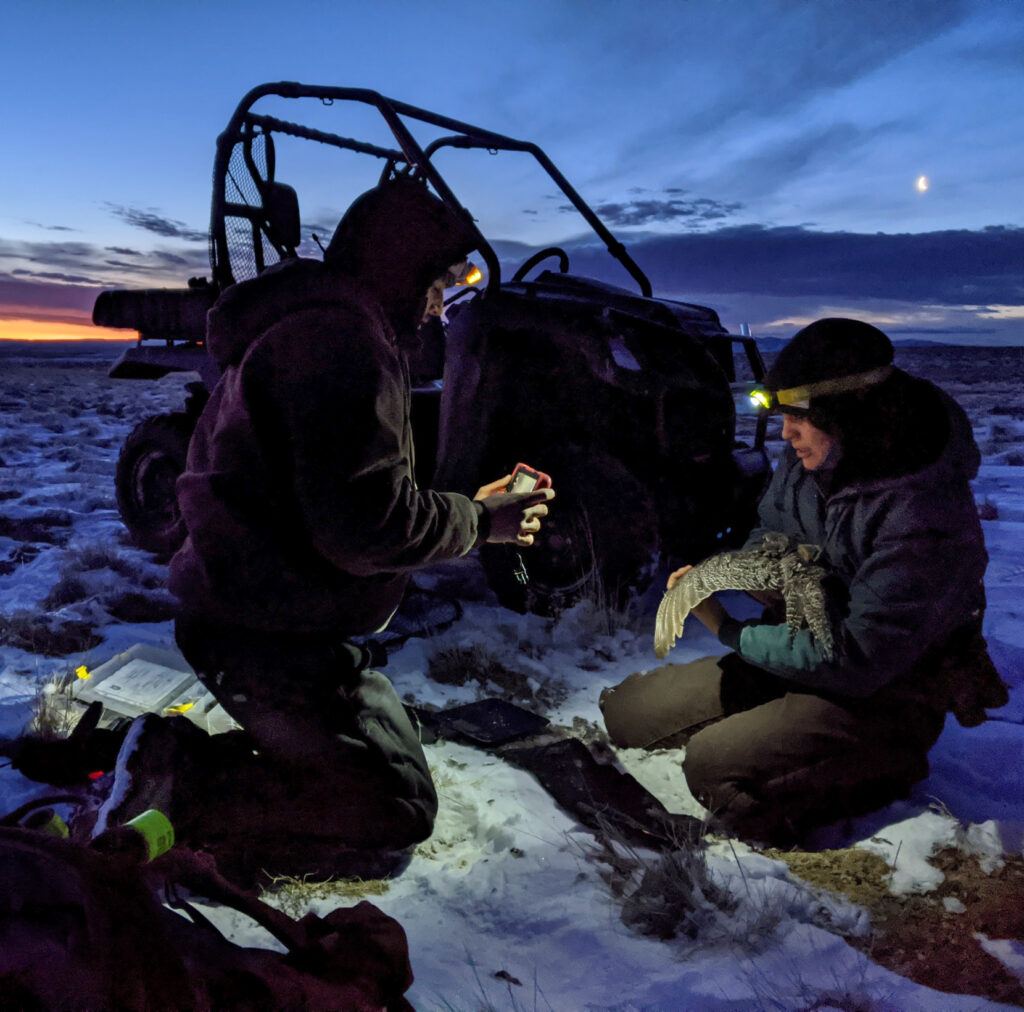
SWCA’s aquatic biology and ecology experts focus on water as well as the fish, marine mammals and birds, aquatic insects, invertebrates, and plants that live within it.
Our aquatic biologists use both scientific and technical tools to conduct thorough investigations of aquatic species at all life stages and their habitats. This information is then used to develop comprehensive management plans that range from riparian enhancement and restoration to the recovery of threatened, endangered, and sensitive species. Our mitigation planning expertise helps speed the process for clients to obtain necessary permits, and our services can support compliance activity in several different areas, including the National Environmental Policy Act (NEPA), Endangered Species Act (ESA) Sections 7 and 10, Clean Water Act (CWA), Comprehensive Environmental Response, Compensation, and Liability Act (CERCLA), and the National Pollutant Discharge Elimination System (NPDES).
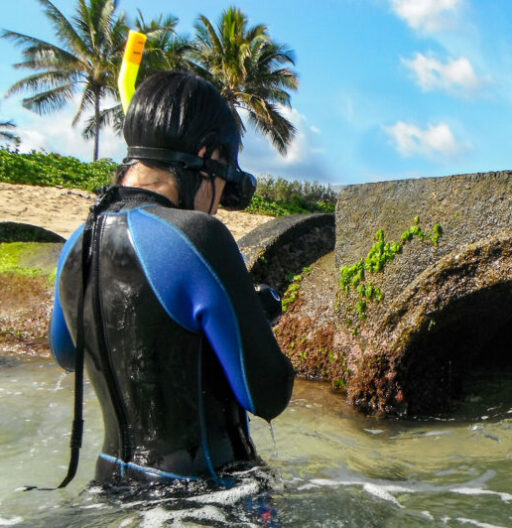
At SWCA, we recognize the importance of sustainable management and conservation of fisheries and marine mammals. Our services encompass a wide range of activities, including ecological assessments, habitat restoration, and compliance with the Marine Mammal Protection Act and the Endangered Species Act. Our marine biologists and environmental consultants collaborate with clients to develop strategies that minimize impacts on aquatic ecosystems while supporting project objectives. Through rigorous research and tailored solutions, SWCA is committed to preserving marine biodiversity and promoting the health of oceanic environments, ensuring a balance between economic development and ecological integrity.
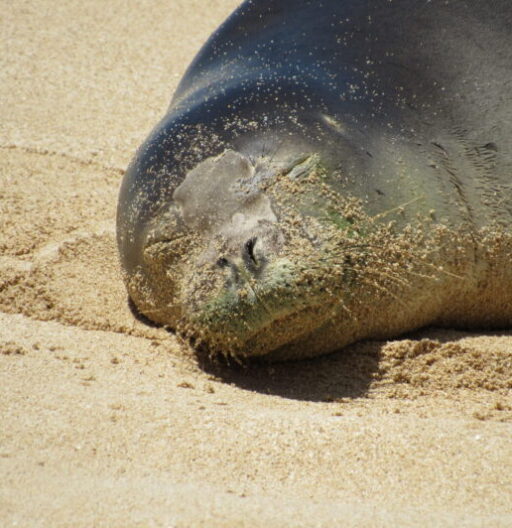
SWCA offers comprehensive services focused on the conservation and management of migratory birds and eagles. Our team of ornithologists and environmental consultants work diligently to ensure compliance with the Migratory Bird Treaty Act (MBTA) and the Bald and Golden Eagle Protection Act (BGEPA). We conduct detailed surveys and assessments to identify potential impacts on avian populations, providing expert guidance on mitigation strategies and habitat conservation. SWCA helps our clients navigate complex regulatory landscapes, ensuring that development projects proceed responsibly while safeguarding these vital species.
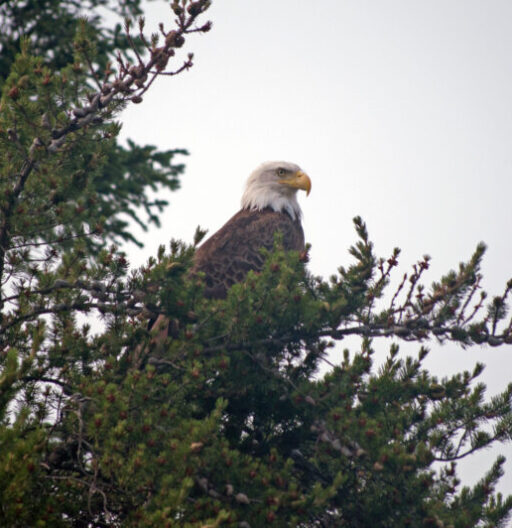
Thorough investigation and technical expertise are essential for understanding the habitat and distribution of various land-dwelling species.
SWCA’s biologists employ cutting-edge technologies to perform biological surveys and gather comprehensive data, ensuring a holistic picture of species and their ecosystems. In addition to wildlife and habitat studies, we support our clients with comprehensive environmental management and conservation plans, environmental compliance strategies, and ecological restoration solutions.
Our terrestrial biology experts are knowledgeable on federal legislation including the Endangered Species Act (ESA), Migratory Bird Treaty Act (MBTA), Bald and Golden Eagle Protection Act (BGEPA), and National Environmental Policy Act (NEPA), and they bring state and local expertise.
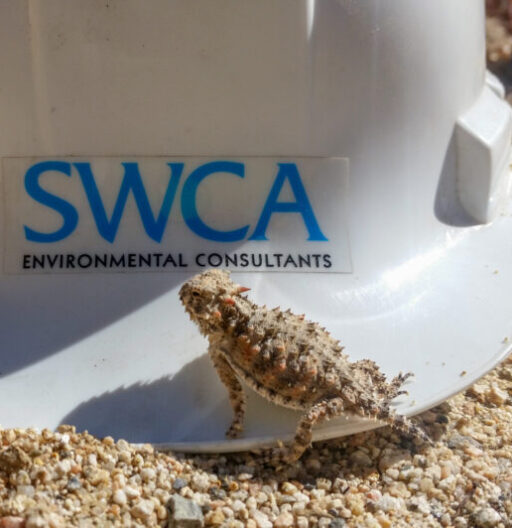
Balancing the protection of threatened and endangered species with the needs of a growing economy is especially challenging.
SWCA is a leader in providing creative solutions to complex environmental issues, including compliance with the federal Endangered Species Act (ESA). We are experienced in all areas of natural resource management, including planning, mitigation, and permitting, that are related to the ESA and other critical legislation for terrestrial and aquatic species and their habitats.
Our experience spans a full spectrum of project types including land development, flood control, and transportation. We guide you through the permitting process with the goal of enabling you to achieve your project objectives quickly and efficiently, while complying with the requirements of state and federal Endangered Species Acts.
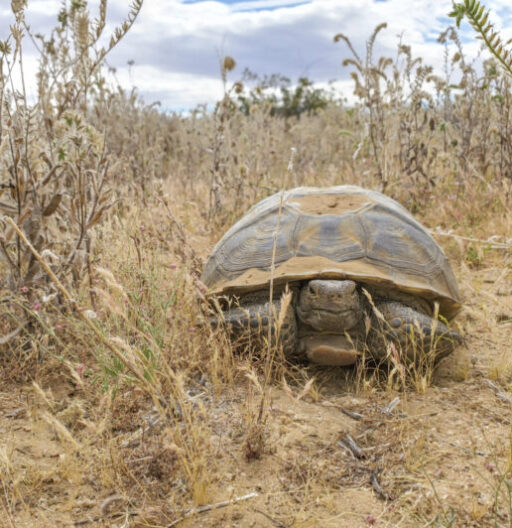
Amanda Glen is SWCA’s natural resources technical director for biological services and provides strategic guidance on permitting and compliance for matters involving protected wildlife, plants, and habitats. Currently managing a national practice, she has more than 25 years of consulting experience with an emphasis on the Endangered Species Act (ESA) and how compliance with the ESA influences other regulatory programs. Her wealth of experience pertaining to endangered species issues includes research, permitting, consultations, status reviews, and conservation planning. Her experience includes negotiating compliance solutions for critically imperiled species facing potential determinations of jeopardy or adverse modification of designated critical habitats. She has led efforts to delist species no longer requiring the protections of the ESA when supported by sound science, and has been involved in voluntary conservation planning to help preclude the need to list species. Amanda frequently presents at regional and national conferences on matters related to the ESA, including new listings, regulatory and policy changes, and trends in compliance strategies.

Clint has eleven years of experience conducting environmental science studies and surveying for avian species and other wildlife in the western and southern United States.


Ann is a quantitative ecologist in SWCA’s Denver office. She provides leadership company-wide on study design, data analysis, and data visualization for environmental research, monitoring, and mitigation planning. Ms. Widmer has over 20 years of experience with state agencies, universities, and consulting firms throughout the western United States. She has worked extensively with threatened and endangered fishes, conducting fish population and movement studies, mapping and evaluating aquatic habitats, and contributions to Endangered Species Act consultations. She works on most of SWCA’s wind power generation and transmission projects, designing and analyzing post construction monitoring surveys, assisting with species conservation plans, and conducting habitat equivalency analyses to support mitigation planning. She is experienced in the analysis of tagged animal data, particularly the estimation of vital rates and population demographics, and spatial models of seasonal habitat use.

Since joining SWCA in 2015, Nicole’s expertise in ecology, evolution, and conservation biology has led to significant contributions across nearly all service lines and ten states, cementing numerous trusted partnerships.
Nicole’s influence extends to her technical and peer-reviewed publications, with contributions to more than twenty-three scientific meetings. Notable publications include Distance Sampling Underestimates Population Densities of Dune-Dwelling Lizards in the Society for the Study of Amphibians and Reptiles Journal of Herpetology, and a study on Population Variation in Dune-Dwelling Lizards in Response to Patch Size, Patch Quality, and Oil and Gas Development published by the Southwestern Association of Naturalists, addressing impacts of patch size, quality, and oil and gas development.

SWCA’s experts in bat and bird biology are passionate about delivering sustainable solutions.
The Otay River Restoration Project is located in south San Diego County, CA.
Years of planning a research trip to build the baseline for a decade-long study.
Q&A with Lawrence S. Semo Scientific Achievement Award winner, Steve Johnson.
Subscribe to The Wire, SWCA’s quarterly newsletter that delivers the latest industry news, important regulatory updates, local events, and more straight to your inbox.